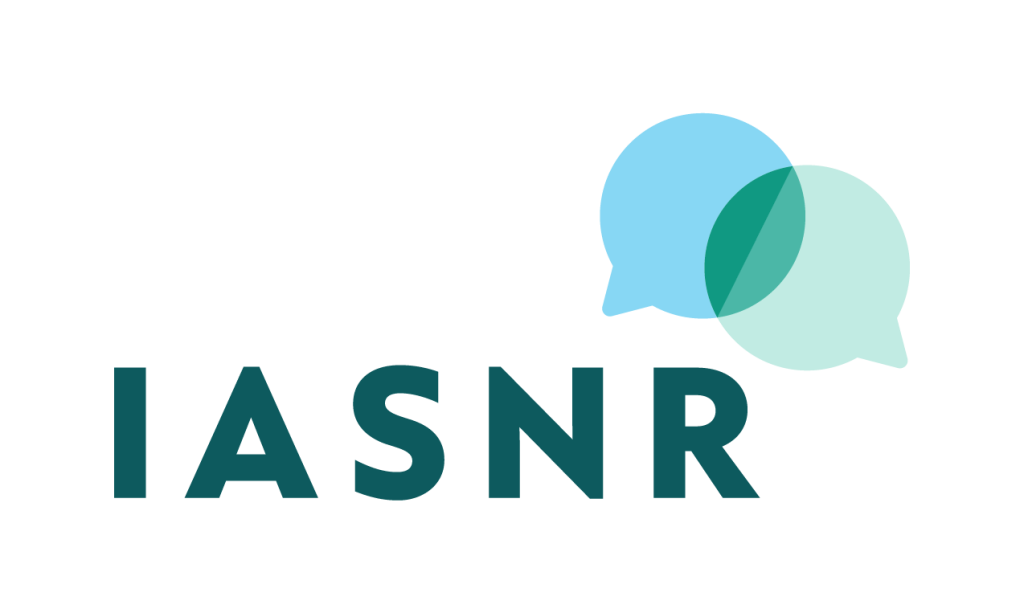The University of Washington seeks a Postdoctoral Scholar to conduct human wellbeing research in Puget Sound, Washington State, USA.
Postdoctoral scholars are represented by UAW 4121 and are subject to the collective bargaining agreement, unless agreed exclusion criteria apply. For more information, please visit the University of Washington Labor Relations website.
This position has an anticipated start date of January 1, 2024 (negotiable). The initial appointment is for 1.75 years (21 months), with a potential reappointment, pending performance review and continuation of project funding. In person or hybrid work from Seattle or Tacoma, WA is preferred.
The Postdoctoral Scholar will join an interdisciplinary team engaged in the “Puget Sound Integrated Modeling Framework” project (PSIMF), which links four regional modeling frameworks to inform decision making related to species recovery, nutrients and contaminant management, mitigation of climate change and associated impacts on human dimensions. The four modeling frameworks are the VELMA model of watershed hydrology and biogeochemistry, a high-resolution land cover change model, the Salish Sea Model of oceanography and biogeochemistry, and the Atlantis model of Puget Sound food webs, fisheries and conservation activities. The project is a collaboration between UW Tacoma’s Puget Sound Institute, US EPA-ORD, the UW Salish Sea Modeling Center, Pacific Northwest National Labs, NOAA Northwest Fisheries Science Center, and CSIRO Australia. The postdoctoral scholar will contribute to the collaborative PSIMF group by conducting analyses of the connections between social and economic outcomes and land use, water quantity and quality, marine food webs and species, and other ecological dynamics. A focus of this position will be to perform analyses of human dimensions, such as human health and wellbeing, economic vitality, tribal treaty rights and equity, related to the environmental outcomes derived from the four quantitative, biophysical models in the project. Analysis methods, which may include but are not limited to qualitative or semi-quantitative modeling (e.g., loop analysis, fuzzy cognitive maps, Bayesian belief networks, etc.), will be determined by the interests and expertise of the selected postdoctoral scholar. This position will also have the opportunity to collaborate with other social science researchers at the partnering federal and state agencies, including US EPA, NOAA, and the Future Scenarios project at the Puget Sound Partnership.
The base salary range for this position will be $5,705/month, commensurate with experience and qualifications, or as mandated by a U.S. Department of Labor prevailing wage determination. Other compensation associated with these positions may include travel to national or international conferences, computing equipment, and fees associated with manuscript publications, if applicable. A summary of benefits associated with this title/rank can be found
at https://hr.uw.edu/benefits/benefits-orientation/benefit-summary-pdfs/.
We seek candidates that hold a doctoral degree in social or environmental science, for example in natural resource management, sociology, geography, political ecology, conservation biology, anthropology, urban studies, fisheries or wildlife biology, ecology, or a related field. The ideal candidate will have experience working on interdisciplinary collaborations and have demonstrated clever and impactful approaches to understanding human-environment interactions. We are especially interested in candidates whose work considers the social or economic costs and benefits of land use and development and strategies to mitigate impacts on adjacent waters, habitats, and species.
Research activities will include: coordinating with multiple stakeholders and collaborators to define objectives and research questions; devising appropriate qualitative and/or quantitative analyses; and interpreting, communicating to broad audiences, and publishing results.
Qualifications
Ph.D. in Political Ecology, Geography, Sociology, Natural Resource Management, Conservation Biology Anthropology, Ecology, Economics, Fisheries Science, Wildlife Science, Mathematics, Statistics, Computer Science, or related discipline
Knowledge of modeling ecosystem and/or social network dynamics
Strong quantitative and qualitative skills
Proficiency with statistics and data analysis
Familiarity with a programming language(s), such as R
Willingness to collaborate with stakeholders and members of the public, other postdoctoral researchers, students, agency and university scientists, and policy makers
Demonstrated ability to summarize scientific findings in the form of written manuscripts and oral presentations
Preferred Qualifications
Experience developing and ideally leading research analyses
Familiarity with qualitative modeling techniques
Familiarity with human system dynamics or aspects of human wellbeing
Instructions
Applications should be submitted by September 1, 2024 to ensure full consideration but the position will remain open until filled.
All applications should be submitted via email to Caitlin Magel at [email protected]. Application packages should include the following:
- A cover letter that addresses how you meet the basic and preferred qualifications above
- A Curriculum Vitae
- One to three representative publications
- Names and contact information of three references
Applicants with inquiries regarding this position should contact: Caitlin Magel at [email protected]
